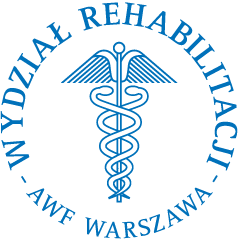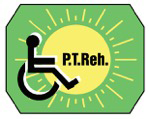


|
Current issue
Archive
Manuscripts accepted
About the journal
Editorial board
Reviewers
Abstracting and indexing
Contact
Instructions for authors
Publication charge
Ethical standards and procedures
Editorial System
Submit your Manuscript
|
4/2016
vol. 30 abstract:
Amputee football in practice and research
Zofia Kasińska
,
Tomasz Tasiemski
Postępy Rehabilitacji (4), 55-66, 2016
Online publish date: 2020/01/23
View
full text
Get citation
ENW EndNote
BIB JabRef, Mendeley
RIS Papers, Reference Manager, RefWorks, Zotero
AMA
APA
Chicago
Harvard
MLA
Vancouver
Introduction
Sport for people with disabilities has interested scientists for a long time. However, there is a scarcity of research on the subject of amputee football – football adapted to individuals after amputations. The aim of the study was to describe this sport and to review research carried out in this field so far. When looking for investigations on amputee football, the available computer databases (Academic Search Complete, SPORTdiscus, MEDLINE, Health Source, MasterFILE Premier) were searched comprehensively. The following key words were used to identify proper articles: amputee football, football + amputations, crutch football. Also, the following article inclusion criteria were applied: (A) original scientific paper, (B) available full text of paper, (C) paper published in a peer-reviewed journal, (D) paper published in the English language. Eleven articles that met the criteria were selected for the analysis. Description of amputee football The description of amputee football included the history of the sport in the world and in Poland, rules of the game and players’ classification. Amputee football in research The articles selected for the review were divided into three categories: 1) psychological and social aspects, 2) anthropomotorics and nutrition, 3) endurance, physical capacity and speed abilities. Summary The majority of studies carried out so far have focused on general characteristics of amputee football players and the effects of this sport on the functioning of individuals after amputations. Future studies ought to involve injury-related aspects as well as training effectiveness on the basis of physiological parameters. |
    |